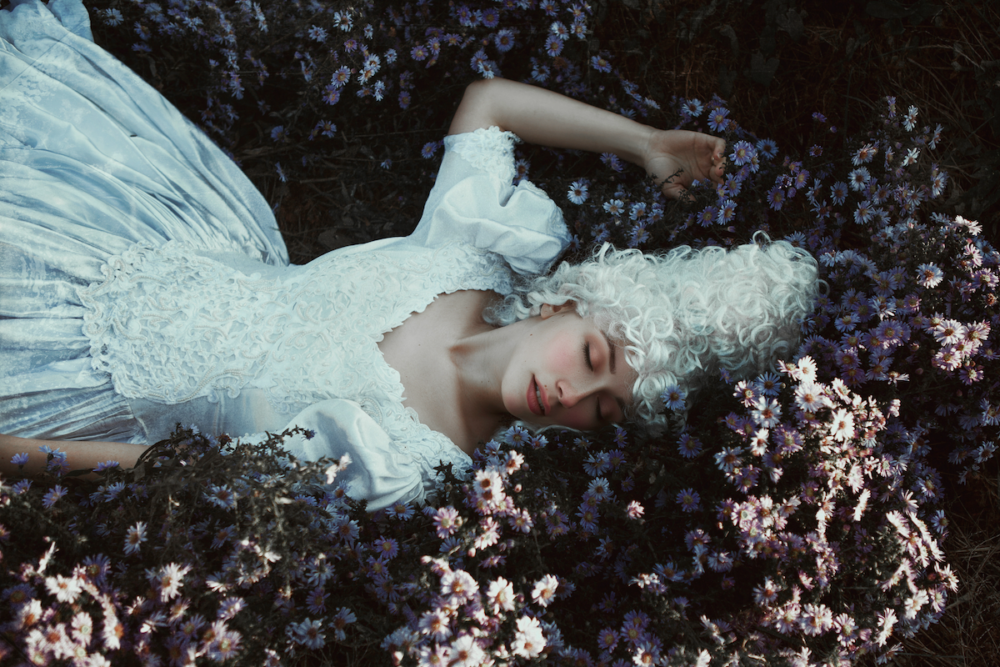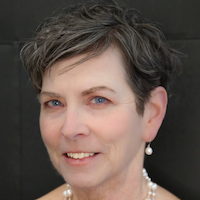
Today’s post is by author and book coach Susanne Dunlap.
Saying that romance is a genre the literati love to hate is a hackneyed truism. The preponderance of tropes, if they’re not well handled, can give romance a predictable or formulaic feel. Why, then, are they so enduringly popular? Why do they continue to outsell so many other genres, when the story’s outcome in all cases is a given?
I have come late in life to this popular genre. Yet what began as curiosity is fast developing into an obsession. In the past few months, I have read or listened to approximately fifteen different historical romances. Apart from the sheer pleasure of the experience, I’ve learned a great deal about what makes a story worth reading and why the genre is so appealing. My interest—as a historian and historical novelist—is in romances set in the past. But minus the historical setting, I think most of my observations apply to any good romance.
In a nutshell, here’s what I found.
1. Good historical romances always honor reader expectations.
A wise woman, Tabitha Carvan, wrote in her fabulous, entertaining memoir This Is Not a Book about Benedict Cumberbatch, that the pursuit of novelty on the part of today’s authors is a recent goal in fiction. She is speaking in the context of the all-absorbing joys of fan fiction, whose adherents are numerous and surprisingly diverse.
One of the many she interviews is a professor of medieval literature in a Canadian university. This woman points out that “Medieval authors never thought, ‘What can I write that is wholly original and uniquely mine?’ Because nobody would want to read that.”
Readers of historical romance come to the genre not for something completely new, but because they have well-defined expectations of what their reading experience will be like. They want the happy-ever-after. They want the meet cute, the smoldering desire (whether it’s ultimately acted upon or not), the relationship transition through ups and downs. They don’t want the protagonists to die, or the wrong people to end up together. And they want this in a setting and society that has been well-researched and feels believable and real.
They return again and again to their favorite authors and select different types of romances not in spite of the similarities, but because of them. Formulaic? Yes. But authors fail to fulfill these expectations at their peril.
2. Good historical romances build absorbing (and historically accurate) worlds.
Selecting pertinent, speaking details is vital to bringing any world to life, historical or otherwise. But choosing these so they enhance the social and romantic aspects of your story is something the best historical romance authors have mastered.
Beyond that, the plots benefit from period-dependent twists on the essential romantic journey of the protagonists. The best HRs don’t overlay modern sensibilities on their protagonists, but really mine the strictures and social constructs of the day to build their characters and to add depth and texture to their predicaments—at the same time as revealing the universality of the experience of falling in love.
An example: Laura Kinsale’s Flowers from the Storm combines the requisite British duke (who happens to be a mathematical genius) with a young Quaker woman, whose father is the duke’s partner in mathematical inquiry. Kinsale has done her historical research thoroughly, from the exact nature of British Quaker beliefs and hierarchical structures and how they would affect the behavior of the female protagonist, to the neuroscience that allows her to accurately portray the young duke’s early stroke. Also part of her world are the machinations of a family who thinks the duke has gone mad and consigns him to a mental hospital—seeking to get their hands on his fortune.
Another more lighthearted example: In Bringing Down the Duke, Evie Dunmore places her feisty heroine believably in the world of the suffragist movement in late-nineteenth-century Britain, as well as makes her a student on a stipend at Lady Margaret College, Oxford. How she maneuvers this impecunious young woman into the path of a powerful duke is quite ingenious (if a little far-fetched). But the plot is believable partly because the heroine faces obstacles and forces of opposition specific to the time, partly because the duke has a political life where he must deal with real issues of the day.
And don’t get me started on the variety and appeal of Georgette Heyer’s historical romances! Even the most hackneyed tropes feel fresh and engaging in her deft literary hands, and her research into British society and political and military history in the long Regency is breathtakingly deep—despite the fact that she was writing at a time when the Internet did not exist.
3. Good historical romances are character driven.
Really? I hear readers of literary fiction saying to themselves. But aside from differences in period, setting, and historical circumstances, plot in romance—no matter how cleverly contrived—doesn’t offer enough to keep a reader fully engaged from beginning to end.
Put simply, nowhere is the need to make your reader fall in love with your protagonists more important than in a romance. The two halves of a couple of any gender or sexual orientation must be fully rounded, must be relatable and winning in some way, and must power the story with their inner and outer motivations, hang-ups, desires, misbeliefs, and more.
The protagonists I particularly loved surprised me in good ways, or had me cringing as they made the wrong decisions and got into worse and worse predicaments and seemed less and less likely to end up with their soul mates. Their actions were never arbitrary, but seamlessly embedded in who they were in their time and place.
How do historical romance authors achieve this? Primarily by ensuring that the emotion is on the page. But they also make sure that protagonists have goals they cannot easily achieve, and that both internal and external motivations are clear and logical. Additionally, any complications and plot twists must not only affect the protagonists in a believable way, but push them along their inexorable arcs.
Bottom line, don’t judge a book by its genre.
My final words of wisdom: read (and write) what you love.
A book that demands intellectual engagement can be immensely pleasurable and rewarding to read. But something that simply transports us to another time and place, where there are no matters of life and death and all works out for the best in the best of all possible worlds, can be just as much so.
And if you approach a book with a writer’s eye, even the most pleasurable, light reading can teach you something that enriches your own storytelling craft.

Susanne Dunlap is the award-winning author of over a dozen historical novels, as well as an Author Accelerator Certified Book Coach in both fiction and nonfiction. Her love of history began in academia with a PhD in music history from Yale. Today, she lives, coaches, and writes in beautiful Biddeford, Maine.

Welcome to Romancelandia! It’s great here!
I would like to see more historical romances that don’t have wealthy protagonists — dukes and other members of the nobility, Gilded Age robber barons. I know it’s part of the fantasy, but I’m always happy to come across examples where the protagonists aren’t necessarily the 1% of their day.
I agree! It’s hard, though, to subvert expectations.
I 100% agree! I wrote a series of late Regency, early Victorian (1839) stories that take place in Cherrybrook, a fictitious English village with mostly ordinary people as protagonists. I’m also tired of historicals where the speech patterns and thoughts are thoroughly modern.
My wife, who recently passed away, was almost done writing a 19th century romance, ghost story, murder mystery, entitled “The French Woman’s Ghost.” I’m completing it for her–my first dip into romance. (Science fiction is my genre.) I am pleased to see that she has abided by all these rules–if a ghost story can claim historical accuracy.
This is some great advice! Thank you so much for sharing your knowledge.
An interesting post. I’ve only read one romance novel since my teens, and that was terrible. But I did used to read and enjoy them.
I suppose I ought to give them another try.